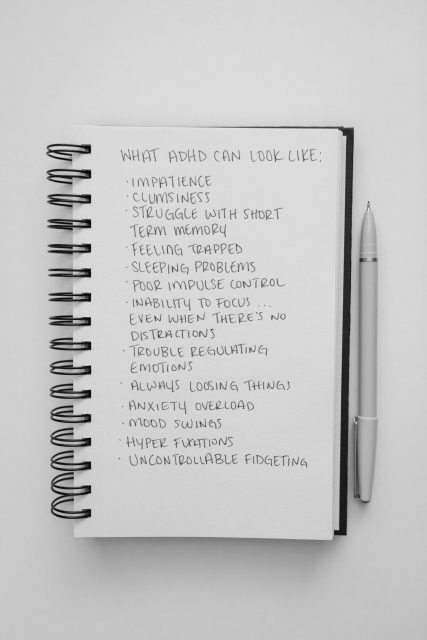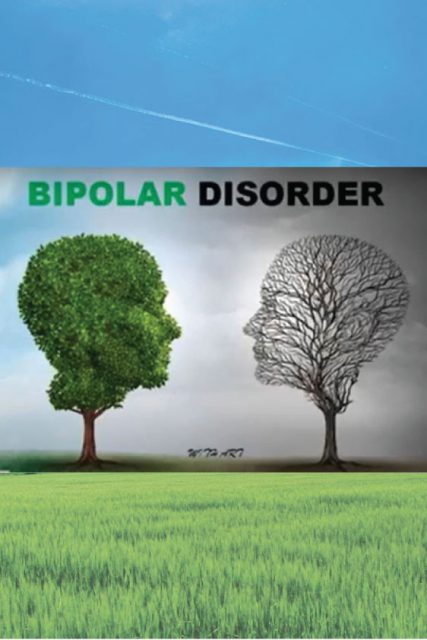
- Services offered at our practice through Telehealth
To effectively manage the outcomes of emotional challenges, mental disorders and difficult periods, it is important to find the service that will meet your needs.

Anxiety and panic disorders are conditions that involve feelings of anxiety and fear. Anxiety is a normal response to stress and can be beneficial in some situations. It can help you to stay alert and focused, motivate you to solve problems and keep you safe. However, when anxiety becomes excessive or chronic, it can interfere with your daily life and well-being.

Medication management is the process of planning, organizing, and monitoring the use of medications by an individual. It involves coordinating the prescription and administration of medications with the patient’s healthcare team and ensuring that the medications are taken as prescribed.
Effective medication management is important for ensuring that patients receive the correct medications at the right dosage and frequency, and for minimizing the risk of adverse drug interactions and other negative outcomes. It is particularly important for individuals who are taking multiple medications, as this can increase the risk of drug interactions and other complications.
Attention-deficit/hyperactivity disorder (ADHD) is a neurodevelopmental disorder characterized by difficulty paying attention, impulsivity, and hyperactivity. These symptoms can interfere with a person’s ability to function in school, work, and social situations and may cause significant distress.
ADHD is often first diagnosed in childhood, but it can continue into adulthood. There are three subtypes of ADHD:
Symptoms of ADHD may include:


Bipolar disorder, also known as manic-depressive illness, is a mental health condition characterized by extreme mood swings. People with bipolar disorder experience periods of elevated mood (called mania) and periods of depression. The severity of these mood episodes can range from mild to severe, and they can last for days, weeks, or months.
There are several types of bipolar disorder, including:
Bipolar I disorder: This is characterized by at least one episode of mania and one episode of depression.
Bipolar II disorder: This is characterized by at least one episode of hypomania (a milder form of mania) and one episode of depression.
Cyclothymic disorder: This is characterized by frequent mood swings between hypomania and mild depression.
Symptoms of mania may include:
Insomnia is a sleep disorder characterized by difficulty falling or staying asleep, or by experiencing non-restorative sleep. Insomnia can cause a variety of symptoms, including:
There are several possible causes of insomnia, including stress, anxiety, depression, medical conditions, and certain medications. Insomnia can be acute (short-term) or chronic (long-term). Treatment for insomnia typically involves a combination of lifestyle changes and, in some cases, medication. Lifestyle changes may include:


Post-traumatic stress disorder (PTSD) is a mental health condition that can develop after a person experiences or witnesses a traumatic event, such as a natural disaster, car accident, terrorist attack, or military combat.
Symptoms of PTSD may include:
Anger is a natural emotion that everyone experiences from time to time. However, when anger becomes intense or unmanageable, it can lead to problems in personal relationships and in daily life. Anger management is the process of learning to recognize and control one’s anger and to express it in a healthy, productive way.
There are several strategies that can be helpful in managing anger:


Major depressive disorder, also known as clinical depression or unipolar depression, is a mental health condition characterized by persistent feelings of sadness, hopelessness, and a lack of interest or pleasure in activities. These feelings can interfere with a person’s ability to function in their daily life and may cause significant distress.
Symptoms of major depressive disorder may include:
Obsessive-compulsive disorder (OCD) is a mental health condition characterized by obsessions (recurrent and persistent thoughts, impulses, or images) and compulsions (repetitive behaviors or mental acts that a person feels driven to perform). These obsessions and compulsions can interfere with a person’s daily life and may cause significant distress.
Symptoms of OCD may include:


Alcohol use disorder, also known as alcoholism, is a condition in which a person drinks alcohol excessively and has difficulty controlling their consumption. It is characterized by a strong craving for alcohol, a loss of control over how much alcohol is consumed, and a negative impact on the person’s life as a result of their drinking.
Symptoms of alcohol use disorder may include:
Life transitions are changes or shifts that occur in a person’s life that can have an impact on their identity, relationships, and daily routine. Some common life transitions include:
Life transitions can be exciting and rewarding, but they can also be stressful and challenging. It is normal to feel a range of emotions during a life transition, and it can be helpful to seek support from friends, family, or a mental health professional.


Cognitive-behavioral therapy (CBT) is a form of talk therapy that focuses on the relationship between thoughts, feelings, and behaviors. The goal of CBT is to help a person identify and change negative or distorted thinking patterns, called cognitions, and to modify their behaviors in order to improve their quality of life.
CBT typically involves working with a mental health professional in one-on-one sessions or in a group setting. During CBT sessions, the therapist will help the person identify negative or irrational thoughts, evaluate the evidence for and against these thoughts, and develop strategies to challenge and replace them with more realistic and helpful ones. The therapist may also teach the person coping skills and help them develop a plan for implementing healthy behaviors.
Individual counseling, also known as individual therapy or one-on-one therapy, is a form of mental health treatment that involves meeting with a mental health professional in a confidential setting to discuss personal issues and concerns. Individual counseling can be helpful for a wide range of mental health issues, including depression, anxiety, stress, relationship problems, and addiction.
During individual counseling, the therapist will work with the person to identify their goals for treatment and help them or develop strategies for achieving those goals. The therapist may use a variety of techniques, such as cognitive-behavioral therapy, mindfulness-based therapy, or solution-focused therapy, to help the person understand and address their challenges.
Individual counseling can be beneficial for people of all ages and can be an effective treatment for a wide range of mental health issues. It can help a person develop coping skills, improve communication and problem-solving skills, and increase self-awareness and self-esteem.
